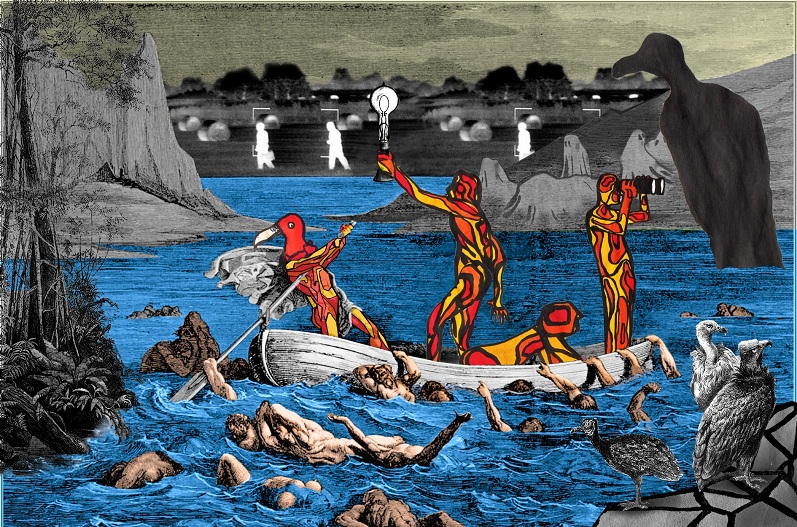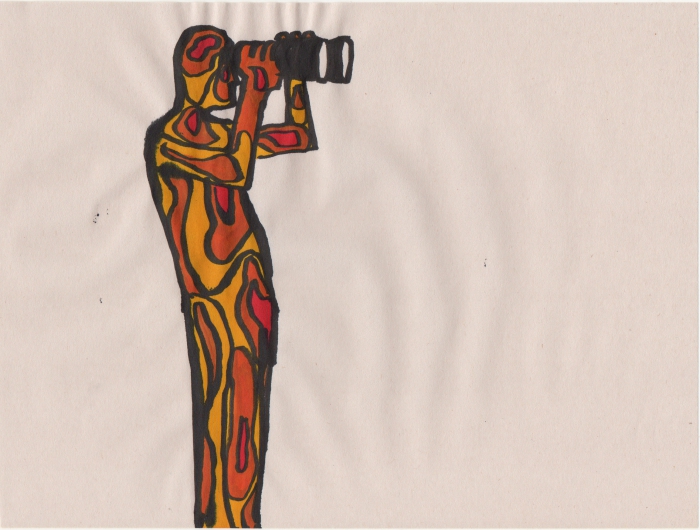Orpheus In The Land Of The Living: A smuggler's opera
music theatre
Europe closes up. The wish to be separated from the huge landmass in the East seems to grow stronger and stronger. In the southeast, a river which flows through three countries assumes this separating role: Evros / Meriç / Marica in Greek, Turkish and Bulgarian. As part of Europe’s external border, the river gained tragic notoriety when numerous dead bodies were found on its shores. People were drowning or became victims of the mine fields.
Since Frontex has started reinforcing this part of the border with high fences, refugees try and flee across the Mediterranean again. The border region remains no man’s land. The river delta is a nature reserve, one of the most important ornithological areas in the world. It is the ancient Thrace, already in Greek mythology an archaic foreign country. One day this could be part of Europe, but until now it still lies (partially) outside. Europe presented from the perspective of its myths: The route into Europe turns into the path to the underworld, into the realm of the dead. Orpheo’s head was drifting in the river Evros after the Erinyes had torn his body apart. Orpheus' song – since Monteverdi a metaphor for opera itself – turns into lament. But the Erinyes, those furies, who could not be soothed by his singing, do not originate from some archaic past, but belong to a future civilization: our present. At the same time one needs to ask whether it should not rather be the citizens of Europe who should be scared of the goddesses of vengeance. The confrontation of the mythical region with the current reality – that of a torn-apart body of a mythical figure with the torn-apart bodies of nameless immigrants poses a challenge we need to meet: remembering Orpheus.


